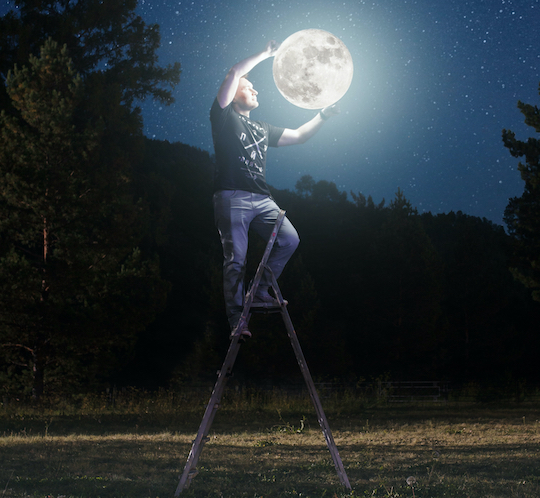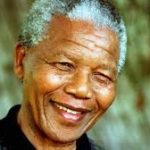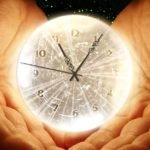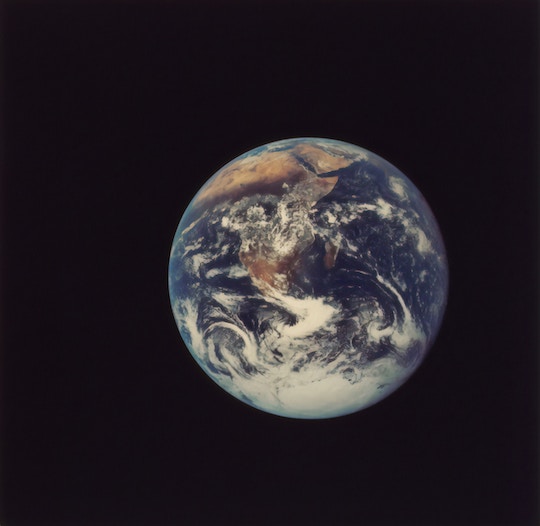“If you find yourself in a hole, stop digging.”
—Author Unknown

Image from Unsplash by Milan Degraeve
Where are you finding yourself these days?
How would you rate yourself physically, mentally, emotionally, and spiritually?
If you feel down, stuck, and in a rut, almost everyone in your personal and professional worlds can relate!
The wonderful news is that friends, family, and our numerous communities are coming together to lift one another up.
I am sure you are helping those around you as well.
Sometimes, however, we do not take the time to lift ourselves out of these holes. On many occasions, we tend to dig them deeper and make things worse.
EXERCISE:
Where in your life are you finding yourself in a hole in which you are—knowingly or unknowingly—still digging?
How can and will you stop adding insult to injury, and start filling in and repairing these areas?
Feel free to reply to this post to share the hole-filling efforts you take.











